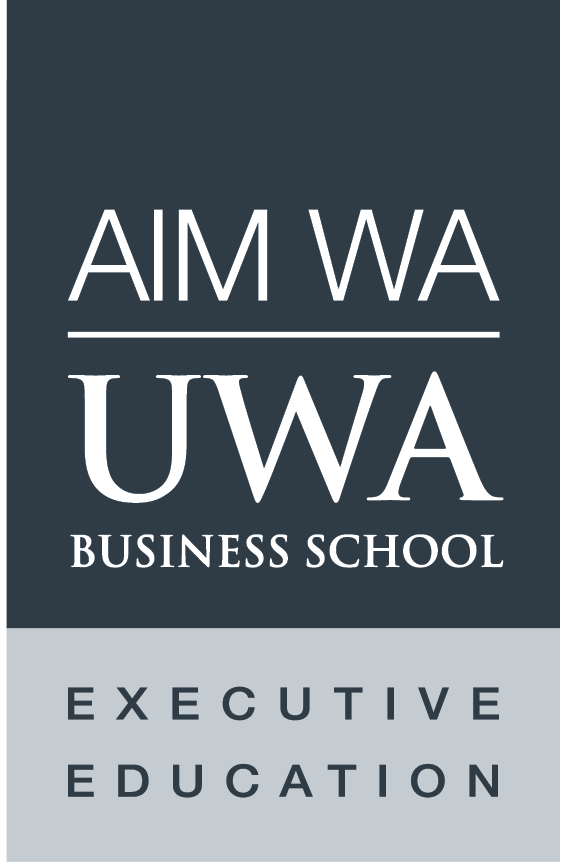


Sustainability Reporting and Strategy
Mandatory sustainability, or ESG, reporting is a growing global and Australian trend. While some organisations have been engaging in sustainability reporting for decades, others are now beginning their journey. This program provides a practical and holistic perspective on how to begin or improve your sustainability reporting processes and strategy.
Overview
Sustainability calls for multi-disciplinary teams and it is essential that all members of the team have a holistic understanding of the purpose and process of sustainability reporting and where their role fits into the bigger picture.
This program will explore the sustainability reporting strategy including the prioritisation process, stakeholder engagement, reporting systems, sustainable supply chain management and sustainability assurance. You will learn about the latest guidance and requirements from global and Australian sustainability reporting and sustainability assurance standards.
Who will benefit
Those who are beginning or looking to improve their sustainability reporting processes. The program is suitable for team members in multiple roles including sustainability managers, accountants, engineers, lawyers, procurement managers, risk managers, sustainability assurers, environmental scientists, community engagement managers and communication officers. It is relevant to the for-profit, not-for-profit and government sectors.
Content
The program covers the following areas:
Global and Australian trends and requirements in sustainability reporting and assurance
Global:
- International Sustainability Standards Board (ISSB) (IFRS S1 and S2)
- Global Reporting Initiative (GRI) Standards
- International Accounting Standards Board (IASB)
- EU Commission’s European Sustainability Reporting Standards (ESRS)
- SEC rules
- UN Sustainable Development Goals (SGDs)
- International Auditing and Assurance Standards Board (IAASB) (ISSA 5000).
Australian:
- Australian Accounting Standards Board (AASB)
- Auditing and Assurance Standards Board (AUASB)
- ASX Corporate Governance Principles and Recommendations
- ASIC
- Modern Slavery Act (2018).
Getting started with or improving your sustainability reporting
- Integrating sustainability into ‘business-as-usual’, sustainability reporting in practice, walking the talk
- Four sustainability pillars: Governance, Strategy, Risk Management, and Metrics and Targets
- Target setting and metrics for sustainability
- Performance measurement including sustainability (at organisational, divisional and individual levels)
- Sustainable finance and responsible investing
- Climate-related issues (e.g. GHG accounting, Scope 1, 2 and 3 emissions, Australian Carbon Credit Units (ACCUs), emission trading schemes, carbon price, shadow price, carbon mitigation practices, Science Based Targets initiative (SBTi), climate-related disclosure in the financial statement notes
- Sustainable supply chain management and value chains
- Assurance for sustainable practices
- Greenwashing
- Taskforce on Nature-Related Financial Disclosures.
How your role fits into the broader sustainability reporting process
- Discussion and reflection on how you can improve reporting in your organisation.
Learning Outcomes
- Understand global and Australian trends and requirements in sustainability reporting and assurance
- Learn how to get started with, or improve your sustainability reporting processes
- Recognise the significance of UN Sustainable Development Goals (SDGs) and their integration into sustainability reporting practices
- Evaluate the impact of sustainable investment decisions on long-term financial performance
- Develop strategies for promoting sustainability across the supply chain, fostering collaboration and responsible sourcing
- Apply relevant assurance standards to ensure the accuracy and reliability of sustainability disclosures
- Discover where your role fits into the broader sustainability reporting process.
About the Facilitator
Dr Lyndie Bayne is a qualified chartered accountant who has over 20 years of experience as a sustainability researcher and accounting lecturer, including working in the audit department at KPMG. Her background is diverse, with degrees in Accounting and Mathematical Statistics, an Honours degree (first class) in Economics, a research Master’s degree in Supply Chain Management and a PhD in Accounting (focusing on Sustainability).
She is currently the Chair of the CA ANZ Sustainability Working Group WA and a member of the Corporate Advisory Panel (CA ANZ WA). Lyndie promotes a practical, strategic and collaborative approach to incorporating sustainability principles and practices into organisational behaviour.
Scenario Planning and Strategic Foresight is a highly experiential five-day program focusing on the skills of effective scenario planning.
Learn how to understand interdependent decisions through the practical tools of game theory.
This program helps you explore how expectations, strategy and human behaviour shape outcomes in social and organisational settings.
Through hands-on activities and clear explanations, you will discover how game-theoretic concepts improve decision-making in situations involving cooperation, conflict or uncertainty.
This comprehensive program focuses on the sustainability, performance, and resilience of co-operative and mutual organisations. It allows for a deep dive into the individual issues and opportunities that you and your organisation face.
The energy landscape is changing dramatically, and organisations are called on to adapt to these changes. This program will address the current and future state of the energy industry both in Australia and globally, focusing on upcoming projects, market drivers, issues and challenges.
 (08) 9383 8000
(08) 9383 8000